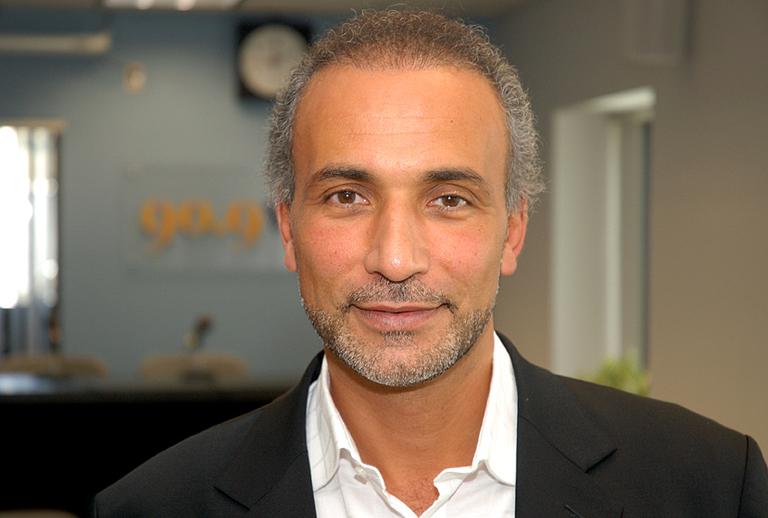Advertisement
AUDIO EXTRA: Tariq Ramadan on China, Africa, women in politics

Top Muslim scholar Tariq Ramadan has been regarded as both polarizing and conciliatory. His nuanced and thoughtful rationale leave some nodding in agreement, and others grasping for hidden meanings. Ramadan joined us in the studio Wednesday and spoke with us about Islam, America, and our future. You can listen to the show here.
We spoke with him after the show and asked a few more questions. Below is an edited transcript and the full audio excerpts:
Question: We've been talking about Islam and the West. Do you forecast struggles with Islam and the East, as China rises?
While China is officially not a religious country — the opposite in fact — I would say that the Muslim Chinese and what is the future of Islam in the country, and in Asia, will be part of the discussions we will have in the coming centuries. I think we have to understand first that it's really something which is a transversal, crossing-the-board discussion about the presence of Islam...
Question: In the past, you've worked in developing countries. What are you thoughts on foreign aid to Africa? Is it working? What's the role of the West in developing countries?
Today in Africa, we are faced with something which is a lost continent...
It might be that, in the West, beyond claiming that we have universal values, a democracy, [we need] to look at our own discrepancies and lack of consistency in the way we deal with southern countries and the way we deal with “the other." And the starting point is to ask yourself if, for you, "the south" is as valuable as your society, and that the blood of an African is as valuable as the blood of an American.
Question: Women have yet to hold the most prominent roles in U.S. politics. Is it hypocritical for the U.S. to call for gender equality across the world, when it still fosters such large discrepancies in pay and power between men and women?
I wouldn’t say it’s hypocritical...I think that [we can call for it everywhere] but without forgetting that the first that we have to assess is ourselves...There’s a great deal of discrimination for women in the American society, in the European society. When I’m saying this as a European, and even as a Muslim intellectual, people say “Yes, but it’s worse in the Muslim countries.” Yes, but the point is it might be worse, but it doesn’t mean that it’s perfect here. So call for it everywhere, but don’t forget that you have a great deal to do. And for any one of us, it starts at home.
Contributed by producer Pien Huang and staff intern Mackenzie Knowles-Coursin.
This program aired on October 15, 2010. The audio for this program is not available.